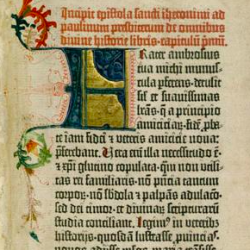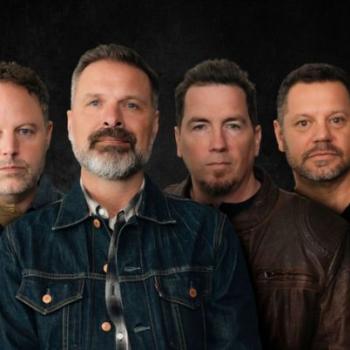At dawn, after feeding our teams, Dave and I put on the dogs' harnesses and hooked them up to their respective sleds. Dave led the way to the trailhead at Wiseman Creek. I followed. Pulled by our fresh and excited dogs, both of our sleds careened off the road, barreled ahead another couple of hundred yards over taiga, then entered a wooded area. All traces of human civilization suddenly disappeared. We were mushing in Gates of the Arctic National Park, and the Brooks Range was just a sub-region within the immense and spectacular swath of interior Alaska. I had never before been anywhere as remote or as dramatic, and the next week or so filled me with joy and inspiration.
Several days into our trip, on a Friday night, I tried to observe a makeshift Shabbat beneath the Endicott Mountains. I took out two candles I'd packed in New York and stuck them into the snow. After I said the proper blessings, Dave and I ate dinner, drank some rum by the campfire, and got ready to turn in when it grew dark. His dog Cody had joined us on the trip, and Cody positioned himself between our sleeping bags in the tent. Dave fell asleep right away, but I had to relieve myself at a nearby river.
As I walked down toward it, the dogs watched my every step. They were curled into balls to protect themselves from the cold. I was cold, too. And exhausted. I'd been so busy dealing with the day-to-day chores of handling my team that I'd largely forgotten what it was that had driven me to this wild and distant land in the first place. But as I stood there alone on the tundra and gazed over the peaks into the sky, I remembered.
The darkness ignited before me. Towering waves of white-green light scrolled across the heavens. It was the northern lights, the aurora borealis, a meteorological phenomenon related to the Earth's magnetic field. I'd seen the lights before, but never like this. They seemed to be directly in front of me, flaming over the mountains. Almost beckoning. Pythagoras, the early Greek philosopher, claimed that the cosmos itself could speak, that the constant rotation of the celestial bodies was so great that they had to produce a noise. He called that sound the music of the spheres and argued that the reason human beings cannot hear it is that it has been with us since the very instant of birth, and we therefore have no way to distinguish it from its opposite, silence.
I heard something that night — not with my ears, but with my soul. I watched the aurora expand, contract, and pulsate above me, and it filled me with awe and amazement. It humbled me. It inspired me. And I knew then and there that I was in the presence of something wild, something ungraspable and unknowable. Transcendent and mysterious. Something that made me forget myself yet also experience so much more than myself.
I'd found what I'd come for.




